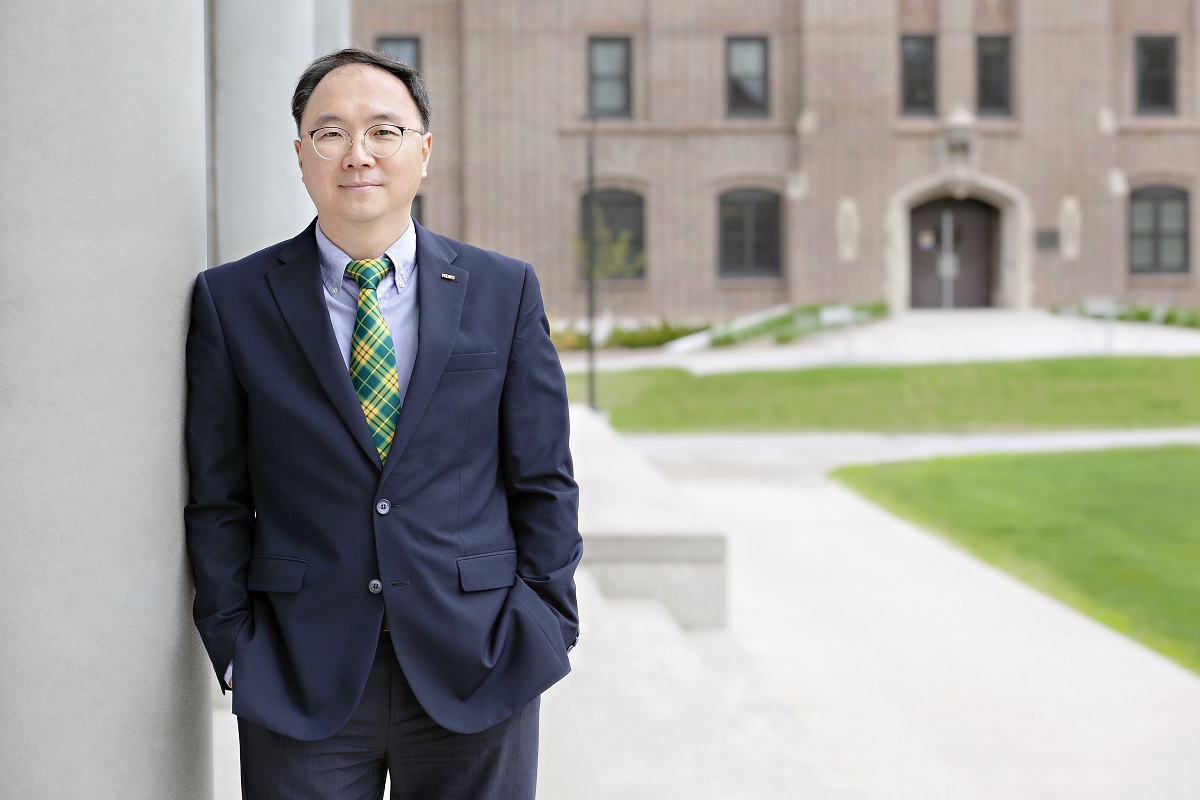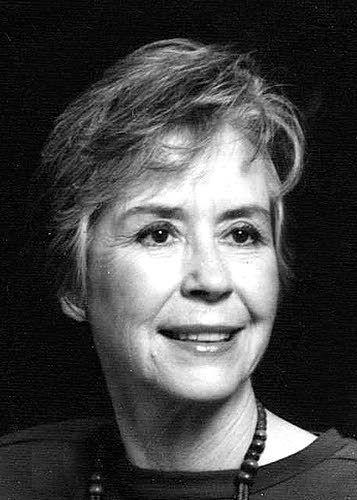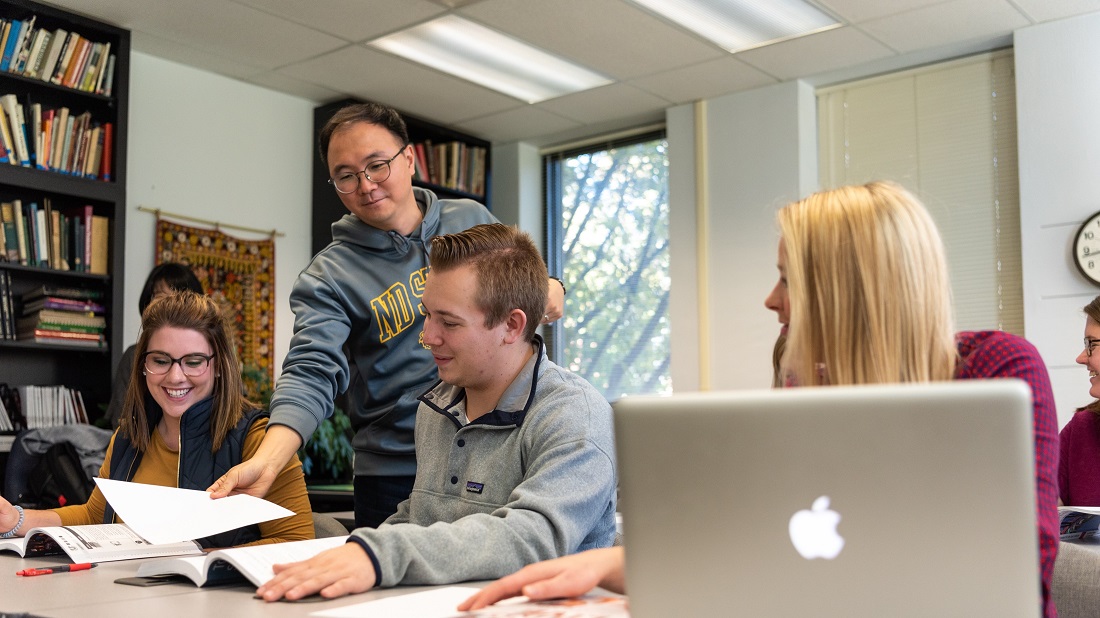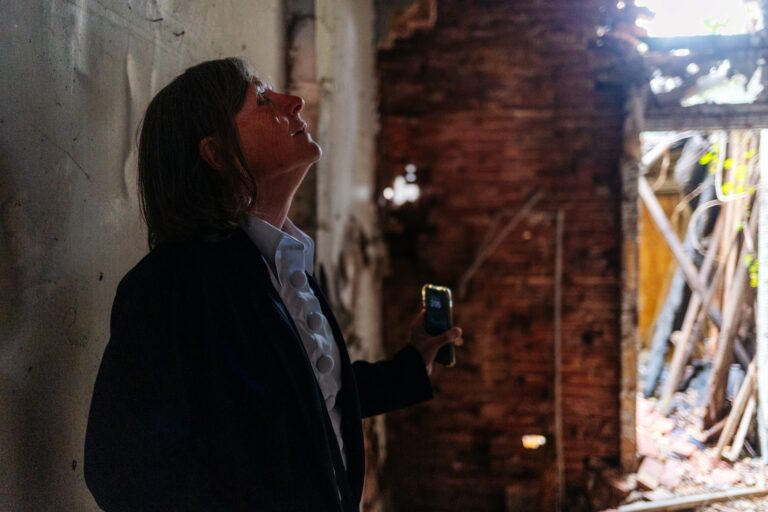Architect Kathleen Lechleiter ’81, ’82 is shaping safe, stable, and dignified housing in Baltimore neighborhoods.
Read MoreA Journey to Inclusivity
In the U.S., more than 25% of adults have some degree of disability. NDSU professor Kwangsoo Park is conducting research to create a more inclusive society for all.
Story by Micaela Gerhardt | Photo by Ann Arbor Miller | August 31, 2022

Kwangsoo Park, associate professor of hospitality and tourism management, remembers being 10 years old and standing at the base of Geumosan, a mountain in South Korea, beside his dad and older brother. They each carried a water bottle and two uncooked sweet potatoes for hiking fuel.
Standing before the mountain, Kwangsoo felt small but mighty. His dad, a retired military officer, took Kwangsoo and his brother on adventures across South Korea every summer, often with minimal supplies. Because there was no path to follow, they had to carve their own way to the top of Geumosan. The climb was treacherous, and by the time they descended, it had taken practically an entire day.
For Kwangsoo, travel plays a pivotal role in quality of life, but when he reflects on some of his most impactful experiences, like climbing Geumosan, he recognizes they weren’t very inclusive or accessible.
As the inaugural Anne Stegner Endowed Professor in the College of Human Sciences and Education, Kwangsoo hopes to conduct research that will lead to more inclusive and accessible experiences in the hospitality and tourism industries so that people with disabilities can enjoy traveling without any barriers. His research focuses on how society can be more universally accommodating versus how an individual with a disability can be medically treated or rehabilitated
“For example, if we didn’t have stairs — if no one actually invented stairs — it would be all ramps. It’s simply accessible, right?” Kwangsoo said. “So rather than thinking about, ‘You are in a wheelchair, so you need a ramp, or you need an elevator,’ if our society made physical or environmental things accessible, we wouldn’t even have to say who is able or disabled.”
His findings will be imperative for everyone. Not all disabilities are physical, visible, or disclosed. Plus, ability fluctuates. Throughout a person’s lifetime, their cognitive and physical abilities can change due to injury, illness, lifestyle, or aging.
Kwangsoo’s inclusivity and accessibility research is supported by his named faculty position. Anne Stegner ’49, who established the endowment through estate giving, earned her NDSU degree in textiles and clothing. Like Kwangsoo, she loved to travel. Anne skied in the Swiss Alps and fished for salmon at her cabin in Shawl Bay, British Columbia, while pursuing career opportunities across the country. Her obituary describes a spirited, trailblazing woman who “was a jet-setter before that term even existed.”
Anne’s gift was enhanced by matching funds from the North Dakota Challenge Grant, which leverages private gifts with a partial state match to advance higher education in the state. Since the Challenge Grant’s inception during the 2013-2015 biennium, the state has matched philanthropic support at NDSU to the tune of $20.35 million. These matching dollars have enhanced scholarship funds, named positions, and infrastructure.
Kwangsoo received Anne’s philanthropic support just as he reached a pivotal turning point in his research. When one of his students asked a question about accessibility for people with mobility limitations at events, it illuminated an area that Kwangsoo felt deserved more attention and research in the hospitality and tourism industries — as well as in the world at large.

Anne Stegner
(Photo/Lewiston Press)
“That question sparked many more questions, and I found that while more than 25% of adults in the U.S. have certain degrees of disabilities, accessibility is still lacking,” Kwangsoo said, referencing data from the Center for Disease Control and Prevention (CDC). “As a scholar, I started to think, ‘I have to do something for those who aren’t really well accommodated.’ I started to strategically think about how I could use the Stegner Endowment to move forward with that research.”
The Stegner Endowment granted Kwangsoo the funds to support two student research assistants. First, Kwangsoo worked with a post-doctoral student from Texas A&M University and conducted a study to observe how people without disabilities perceived and reacted to inclusive service situations in the hotel and event industries.
“How often are you traveling? Maybe once or twice a year. It’s a really small amount of time, right?” Kwangsoo said. “But the impact of those experiences is way bigger — an individual’s quality of life or mindset can be dramatically changed.”
When the COVID-19 pandemic hit, Kwangsoo’s research shifted toward a digital focus. He hired Hong Kyun Jeon ’20, a master’s student from NDSU who studied software engineering. Together, they measured web content accessibility and collected data from travel, restaurant, and event management websites.
“I started to think about how people with disabilities have been communicated with and how they are learning about what’s going on — that was the internet. So what if those web pages are not accessible?” Kwangsoo asked. “That’s why I started to think about web content accessibility.”
In his findings, Kwangsoo identified some conflict between accessibility and current web design aesthetics.
“We need some negotiation between ‘fancier’ design versus accessible design,” Kwangsoo said.
In order to make progress, the 75% of U.S. adults who do not identify as having a disability need to advocate for and implement universal design in both digital and physical spaces.
“According to the social model, we need to change society,” Kwangsoo said. “Any barriers or any inaccessible things are made by whom? People without disabilities, so those people have to be educated.”

Kwangsoo frequently discusses opportunities for accessibility with his students, and he serves as a committee member on the President’s Council for Diversity, Inclusion, and Respect to continue advancing conversations about accessibility at NDSU. He also plans to collaborate with other NDSU scholars to develop educational programming for K-12 students that will raise more awareness about accessibility and inclusion.
“Based on my research, I would like to continue to educate our students to think about accessibility issues — how they can operate and manage an accessible tourism site or hospitality business, for example,” Kwangsoo said. “That way, our students and future students can actually make our society more beautiful and accessible.”
Share This Story
Related Stories
Structures of Connection
Joanna Slominski ’04 wants us to think differently about construction — it’s more than bricks and concrete.
Read More
